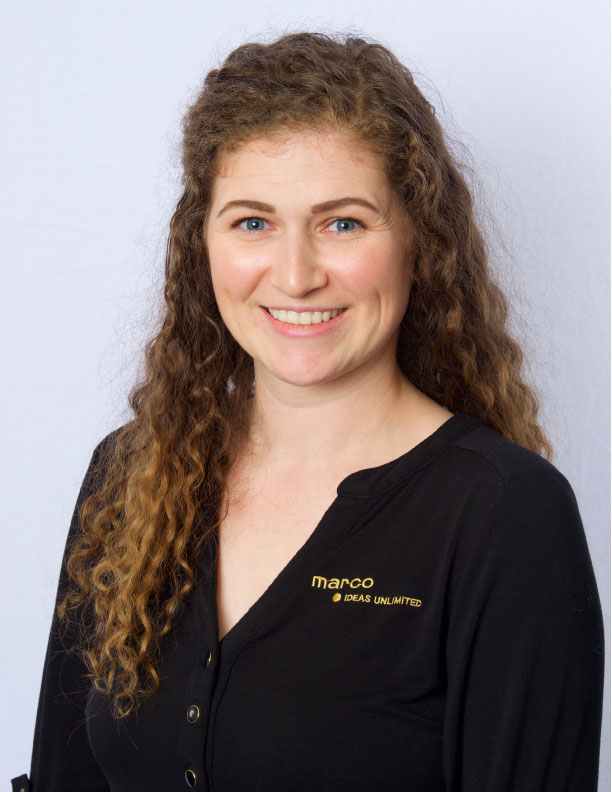By Alyson Hills-Martin
Eco-friendly products can replace plastic. Buzzwords regarding how the consumption and manufacturing of plastic are affecting the environment circulate, but what makes plastic unsustainable?
While humanity searches for new ways to get rid of plastic, we do not know how to replace the plastic we use because we use plastic in everything! The beginning of the solution starts with recycling and we still have a long way to go.
What is Plastic?
There are hundreds of different plastic polymers, and they are all made from either natural gas, ethane or crude oil, naphtha. Polyethylene terephthalate (PET) is the most common plastic. Found in nearly everything we use, plastic is extremely difficult to get rid of.
Polyethylene slowly decomposes in landfills (under or above ground) and releases the greenhouse gas emissions methane, which warms up the earth 86 times the rate of carbon, and ethylene. Seventy million metric tons of plastic burned annually release dangerous chemicals and toxins to humans. In 2019, five trillion pieces of plastic waste floated in the ocean affecting marine life. Despite plastic being created about 100 years ago, plastic is here to stay for 1,000 years.
Where does Polyethylene Terephthalate (PET) come from?
There are hundreds of different plastic polymers, which begin as either natural gas, ethane, or crude oil, . Millions of years ago, large amounts of small organisms in the ocean mixed with the inorganic material from rivers and the sediment formed oil. Composed of carbon and hydrogen, oil (or petroleum) is a combustible fossil fuel. Due to different weather, time, and pressure in a location, the oil becomes “wet” or “dry” and the variance affects the cost. In the United States area, ethane is the least expensive.
Beginning as an underground liquid, “cracker plants” or “feedstocks” pull the ethane from the ground. Once it reaches its boiling point, the liquid turns into a gas. The gas separates into purity ethane, at least 90% of ethane, but usually higher. A pipeline moves the purity ethane to a new cracker plant to produce new molecules through heat. These molecules form into about 80% ethylene through a process called “cracking”. Moving through another pipeline to a new cracker plant, ethylene combines pressure and a catalyst to convert ethylene into polyethylene, the most common form of plastic. This process is called polymerization.
Oil is a natural resource, meaning at some point, the earth will no longer have the resources for humans to use. In the meantime, the extraction negatively affects the environment and the people.
How can we help?

rPET vs PET comparison from "Lasting Impressions of Promotional Products"
In our newsletter, “The Lasting Impact of Promotional Products”, we educate our readers on “This or That Product”. The articles compare sustainable options to current production methods for the same product. (Join our mailing list at the bottom of our home page, here).
Recently, two table covers, one made from rPET and the other PET, were compared. The rPET table cover material is the same as the PET table cover. Specifically, due to less demand, the rPET table cover is $10 more expensive to produce and has fewer colors. By purchasing a more eco-friendly style, the demand for plastic will go down, and thus, less plastic will be produced.
Most manufacturers in the United States do not want to spend extra money to update their machinery to help pave the way for more recyclable options. Purchasing sustainable options lower the overall costs for everyone, creating a more sustainable future.
Money talks and the demand for recyclable materials need to rise to force companies to be more eco-friendly. At MARCO Ideas Unlimited, we can help inform you of various options for promotional products, so you can participate in eco-friendly options too!

Alyson Hills-Martin is the Marketing Manager for MARCO Ideas Unlimited. She received her Bachelor’s degree in Communications from Weber State University and has been with MARCO since 2018. Alyson understands the importance of sustainability around promotional products and spends her free time traveling, hiking, and camping with her husband.